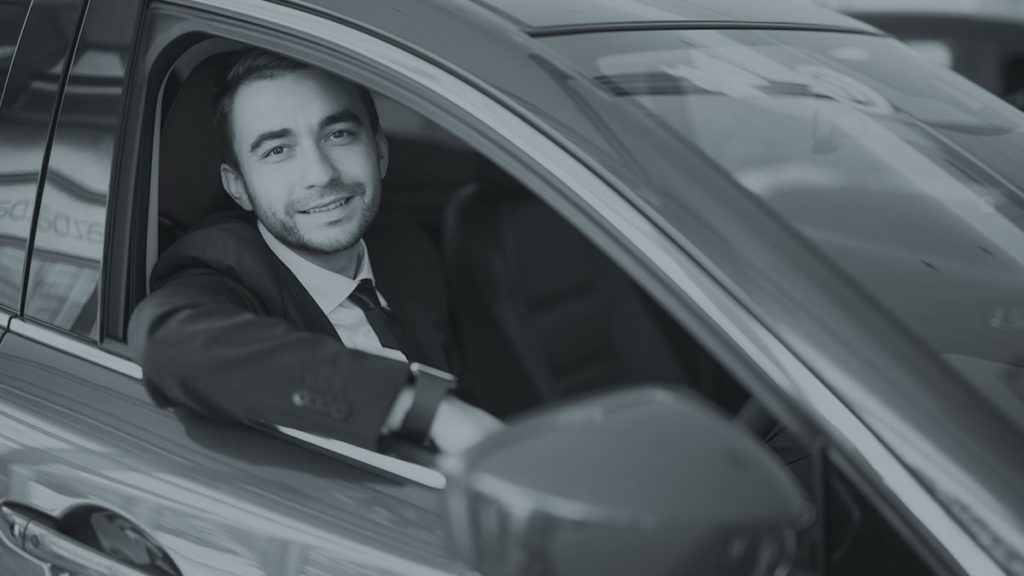Send your enquiry.
Contact us for a free, initial no obligation consultation.
"*" indicates required fields
Your information is safe and treated in accordance with our Privacy Policy
If you have received a Notice of Intended Prosecution and you want help from our motor offence solicitors, contact us for a consultation.
You can call us on 0333 009 6275. We are available to take your call 24 hours a day, 7 days a week. You can also email us on enquiries@ashmanssolicitors.com or complete our Online Enquiry Form and we’ll be in touch soon.
Notices of Intended Prosecution
Notices of Intended Prosecution (NIP) are issued by the police when they suspect a driver has committed a road traffic offence. They are exactly as the name suggests, notice that you may be prosecuted. However, there are rules and regulations surrounding the use of NIPs. Therefore if you have received a NIP, or you think you have been caught committing a motor offence. Then it is useful to know what the procedure involves.
Step 1 – you receive a Notice of Intended Prosecution
If the police believe your vehicle is involved in a road traffic offence, a Notice of Intended Prosecution will be sent to the address of the registered keeper. This must be received within 14 days of the alleged offence. Alternatively, if the police stop you at the roadside, the NIP can be given to you verbally. If you are involved in a collision, there is no need for a NIP to be formally issued. The fact that an accident has occurred is considered notice in itself. If the NIP is not received within 14 days, then the prosecution may be invalid.
However, it is worth remembering that if you were driving a hire car or a lease car, the NIP is sent to the car company first, and then to you. It may therefore be later than 14 days. Also, if you do not receive the NIP because you failed to update your address with DVLA, this is deemed to be your fault.
Step 2 – you reply to the NIP within 28 days
The NIP will request certain information from you. Most notably, the police want to know who was driving the vehicle at the time of the alleged offence. You have 28 days to complete this information and return the form. Post can go missing, so it is prudent to send your response by way of recorded delivery. That way, you can prove that you returned the form and that you did so within the designated time frame. You should always respond to the NIP, even if you do not agree that you are guilty. Indeed, responding to a NIP is not an admission of guilt. If you fail to return the letter, you could be found guilty of failing to identify the driver. This carries six penalty points and a fine.
Step 3 – the police write to the driver
If you were driving the vehicle at the time of the alleged offence, you will then receive a letter outlining the options open to you. For a minor, first-time speeding offence, you will likely be offered the chance to attend a speed awareness course. If you are not given this option, or you do not want to attend the course, you will probably be asked to accept a certain number of penalty points and a fine. This is known as a fixed penalty. You do not have to accept either option and can instead contest the charge.
The case will then go to court. If the motor offence is serious – for example, you are accused of dangerous driving – your case will be referred to court. You will not be given the option of a fixed penalty or speed awareness course. Instead, you will receive a court summons, telling you where and when to attend court. You will be asked to enter a plea of guilty or not guilty. If the charges against you have not been progressed within six months, then the case must be dropped. Alternatively, the prosecution may decide there is not enough evidence to convict you and decide to discontinue the case.
Step 4 – there is a court hearing
If you receive a court summons, or you choose to defend the charge, we strongly recommend that you contact our motor offence solicitors. A date will be set for your case to be heard in a Magistrate’s Court. You must attend in person, or you must send a representative on your behalf. The details of your case will be presented to the Magistrates, who then decide if you are guilty or not guilty. If guilty, they will also decide what penalty to hand you.
Contact
If you have received a Notice of Intended Prosecution and you are not sure what to do next, contact us at Ashmans Solicitors. NIPs often cause a lot of confusion, particularly if you dispute the charges, you do not know who the driver is, or you failed to respond to the NIP in time. We can answer your questions, helping you understand what action to take.
For expert legal advice from our motor offence solicitors, call us on 0333 009 6275. We are available to take your call 24 hours a day, 7 days a week. You can also email us on enquiries@ashmanssolicitors.com or complete our Online Enquiry Form and we’ll be in touch soon.
See our motoring defence fees page to find out more about our fixed fees.




